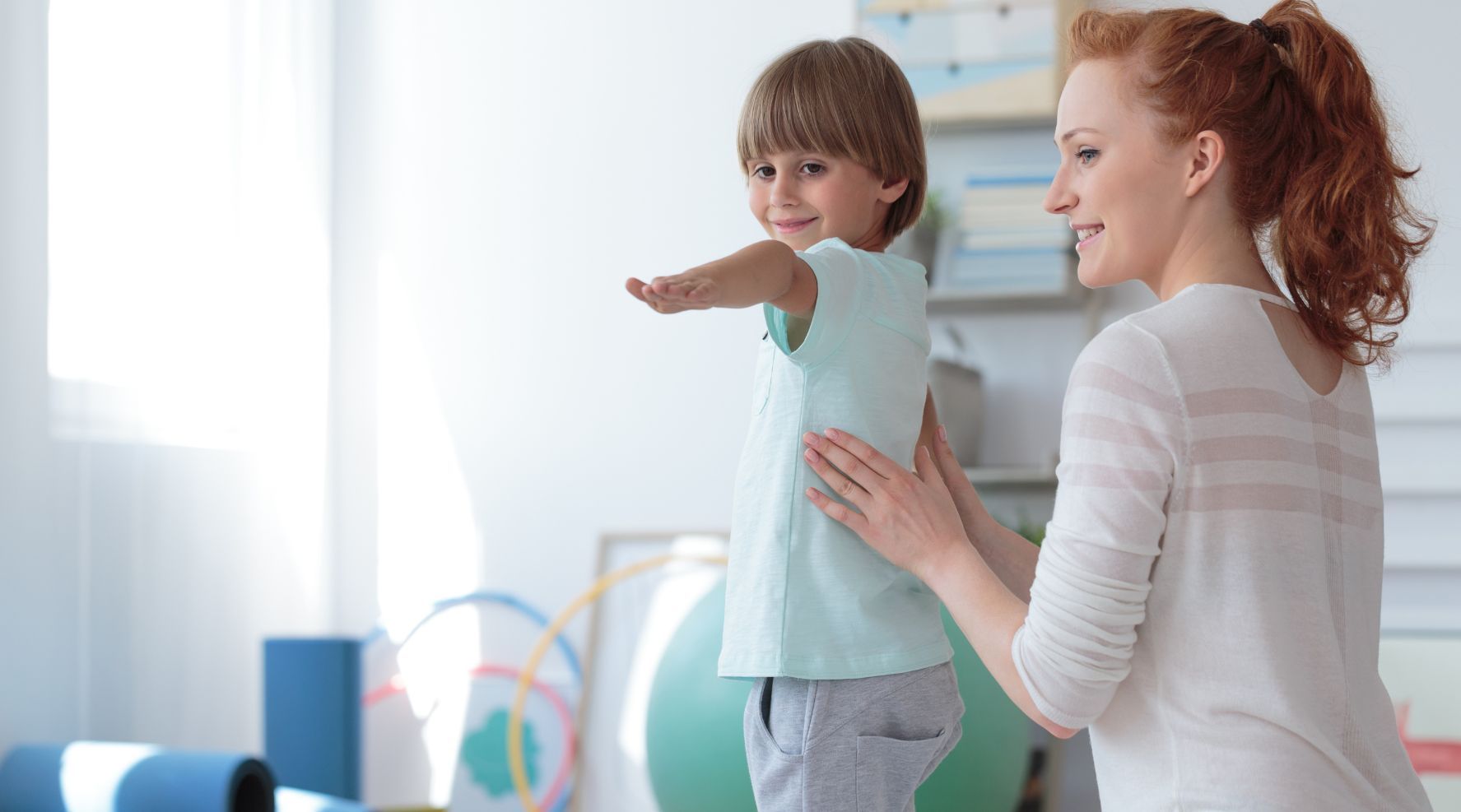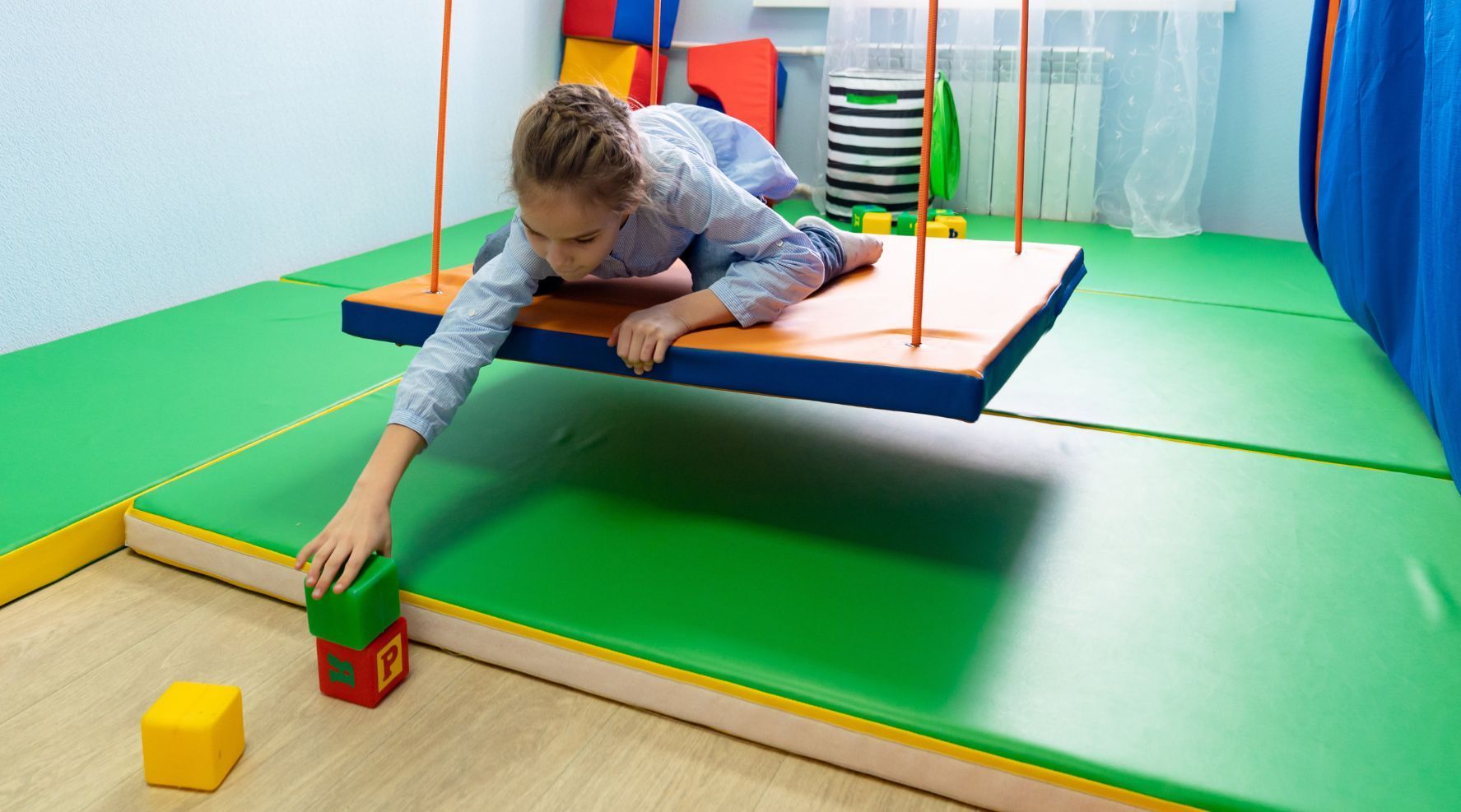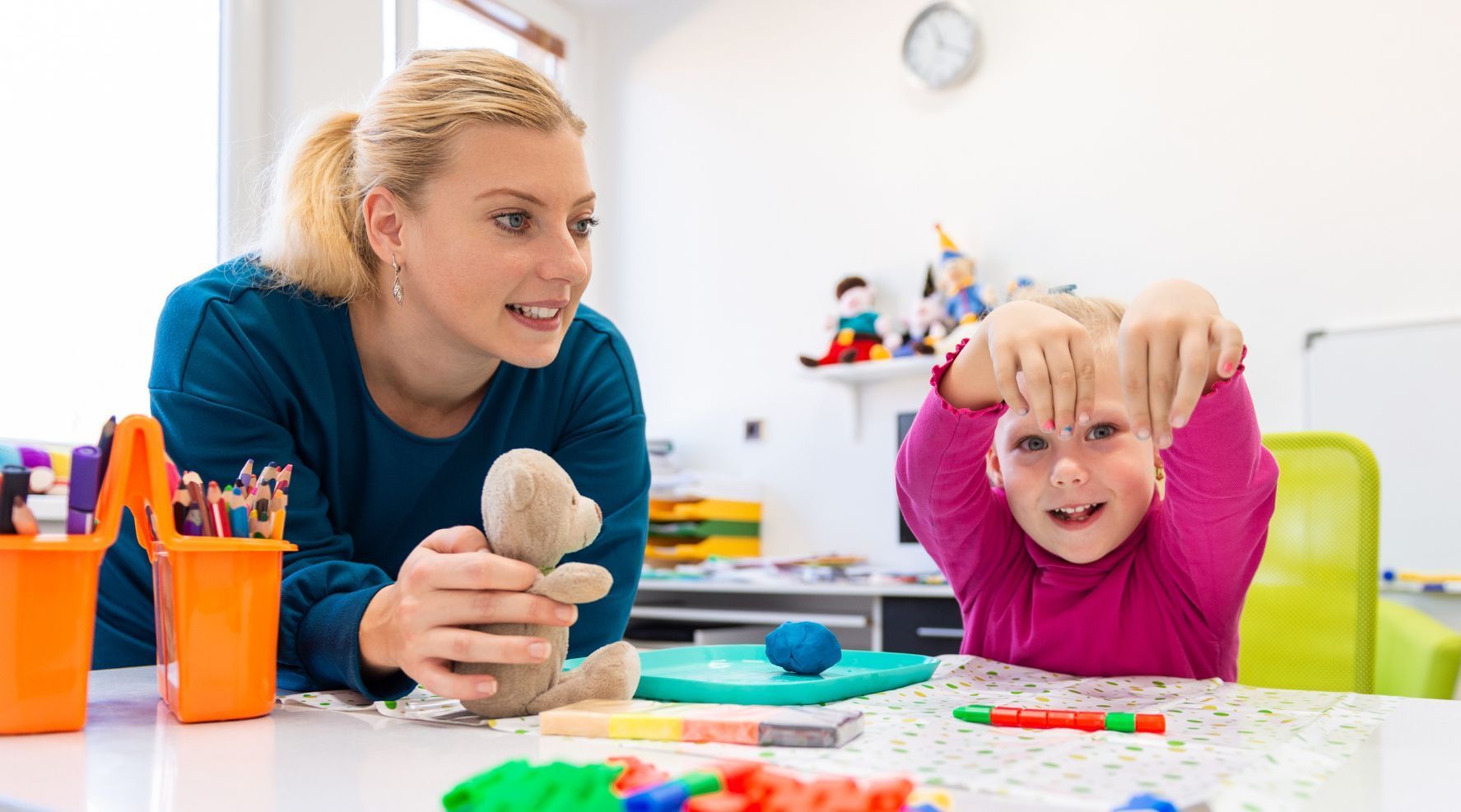6 Social Skills Activities Perfect for Children With Autism
There’s perhaps no feeling more heartbreaking for a parent than watching a child who desperately wants to make friends but doesn’t know how to. People often label kids with autism as socially aloof and disinterested.
It may not be that these kids are disinterested. It could be that the environment or the pressure to communicate verbally is too overwhelming. There’s hope, though, for helping children with autism with their social skills. Thankfully, there are ways to help improve their social skills. Here are six social skills activities perfect for children with autism.
Making Faces
Help your child learn facial expressions by playing a face game. Start with basic mirroring or “copy me” games. Stick out your tongue, and then say, “Your turn!”
Your child may repeat the gesture or come up with one of their own. This encourages observation of facial expressions and corresponding emotions.
Emotion Cards
You can supplement the face game with emotion flash cards. These have simple emoji-like faces on them. Show a card to your child and ask, “How does this person feel?” Your child can practice understanding how faces convey emotion.
Acting Out Social Stories
Act out introducing yourself to someone new. You may have to offer some cues. Say “hello! How are you today?” and then “and you say,” to get things going. You can practice introductions, handshakes, and what to do when someone else wants to play with your toys or join your game.
When you’ve had lots of practice, try taking your child out to a sensory playground. Many municipalities have installed playground equipment that includes roller slides, monkey bars, and balance beams, which are great activities for kids with autism. This is a perfect environment to test out skills for interacting with other kids, taking turns, and playing imagination games.
Tossing the Ball
Teach turn-taking and develop short-term memory with a game of toss the ball, another fun game for autistic children. Kids say their name when they catch the ball and immediately toss it to another person. After the first round, the person with the ball must say the name of the person they’re going to toss the ball to before throwing it.
Music Matching
A pot and a wooden spoon make a drum: tap out a rhythm and have your child repeat it. Then, add something to it. See how many rounds of tap-and-copy you can complete before your child misses matching the rhythm. Then, let them start the next round, and you match what they tap. This teaches listening skills and reciprocation in conversation and activities.
Eyes on the Prize
Teaching an alternative strategy to eye contact, which is painful for many people with autism, helps teach kids to look at something close to the face that gives the impression of eye contact.
Put a small stuffed animal or beanbag on your head. Tell your child that if they can look at it for five seconds, they can have it. Gradually increase the amount of time. Add questions, like “is it a frog or a turtle?” A correct answer transfers the toy to the child.
These are six simple social skills activities for children with autism. Ask your child’s teachers and therapists for more ideas of social skills games that they’ve seen work. For more information on adding a new sensory gym to your home to provide social skills activities for your autistic child, contact Royalty Sensory Gyms today.
Contact Royalty Sensory Gyms Today
Now's the time to start!
Contact Us
Thank you for contacting Royal Sensory Gyms.
We will get back to you as soon as possible.
Please try again later.
Hours of Operations
- Mon - Fri
- -
- Sat - Sun
- -
All Rights Reserved | Royal Sensory Gyms




